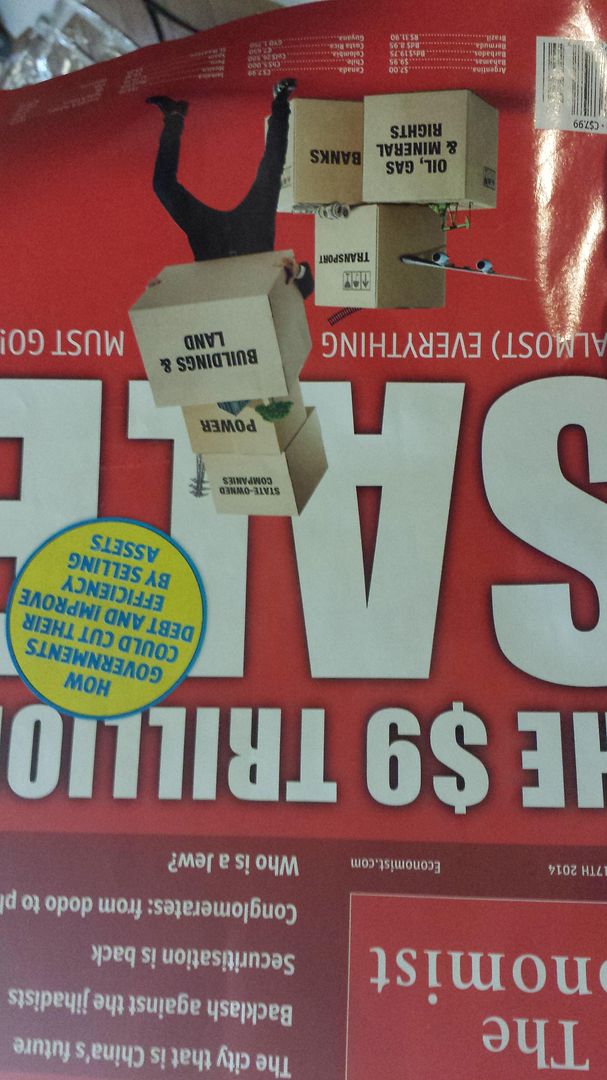NYCmetsfan
Banned
I don't think it will increase it substantially, it's not like it's hard to get drugs in the US these days and again, most people just don't get addicted to drugs (I don't know if it's genetics or just being smart enough, I think it's a combination of both).
But more importantly, I think we need to make policy based on facts, not hypothetical fears, and again, if new evidence emerges that suggest that prohibition actually benefits society, we should reconsider our approach.
I think facts are the best thing to judge policy on so its why I think things like letting states trying things out is often a good solution.
I don't think there will be a giant upturn in the relative levels of addiction (I would imagine the drug users addiction pattern would reflect the wider population's) but it might amount to a large actual number. I think drugs like heroin, pcp and meth are harder to find than weed or cocaine so I think its early to extrapolate the effects. And I still don't see anything but anything more than societal detriments with those drugs. I would disagree you have the right to take some pcp and go out in public.
We do need to re-look the whole drug war though, no matter the drug we shouldn't be looking at our own citizens as enemy combatants unless their armed and threatening
Edit: there needs to be a large scale research effort to understand these drugs. the biggest failure of the drug war has been the failure to understand the drugs themselves and resort to stereotypes.



